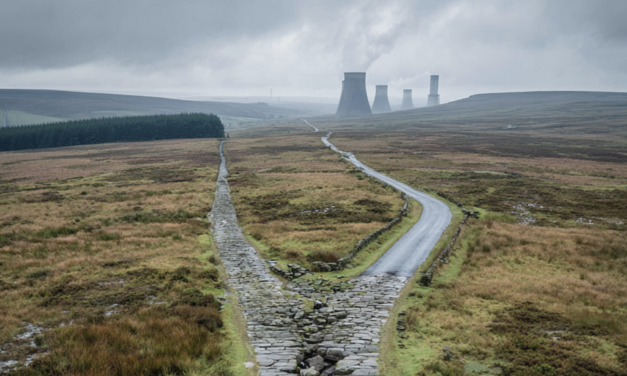The Emerging Battleground: How the AI debate mirrors the human question — and why both need better questions
The AI debate is forming familiar battle lines: ban it versus profit from it. But this binary misses the real question — which is the same question we’ve been failing to answer about ourselves for ten thousand years: under what conditions does this help or harm life?
Read More





